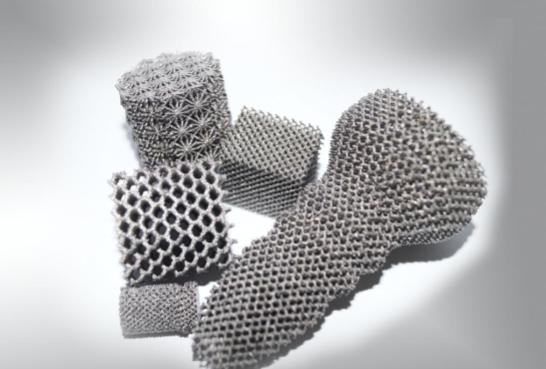In recent years, the construction industry has witnessed a remarkable transformation with the advent of advanced construction technology. These cutting-edge technologies have revolutionized the way we design, plan, and construct buildings and infrastructure. In this blog post, we will delve into the world of advanced construction technology, exploring its various applications, benefits, and the future it holds for the industry.
- Building Information Modeling (BIM):
One of the most significant advancements in construction technology is Building Information Modeling (BIM). BIM is a digital representation of a building's physical and functional characteristics, enabling architects, engineers, and construction professionals to collaborate seamlessly throughout the project lifecycle. By integrating 3D modeling, data management, and visualization, BIM improves efficiency, reduces errors, and enhances communication among project stakeholders. - Prefabrication and Modular Construction:
Prefabrication and modular construction techniques have gained immense popularity in recent years. These methods involve the off-site fabrication of building components, which are then transported and assembled on-site. Prefabrication and modular construction offer numerous advantages, including reduced construction time, improved quality control, cost savings, and minimized environmental impact. Moreover, these techniques allow for greater flexibility and customization in design. - Robotics and Automation:
The integration of robotics and automation in construction processes has significantly increased productivity and safety. Robots can perform repetitive and labor-intensive tasks with precision and efficiency, such as bricklaying, concrete pouring, and welding. Automation technologies, including drones and autonomous vehicles, enable accurate surveying, material delivery, and site monitoring. By reducing human error and enhancing productivity, robotics and automation are transforming the construction industry. - Sustainable Construction Practices:
Advanced construction technology is also driving sustainability in the industry. Green building practices, such as the use of renewable materials, energy-efficient systems, and waste reduction strategies, are becoming increasingly prevalent. Additionally, technologies like smart sensors and energy management systems optimize resource consumption and reduce environmental impact. Sustainable construction not only benefits the environment but also improves the long-term operational efficiency and cost-effectiveness of buildings. - Augmented Reality (AR) and Virtual Reality (VR):
AR and VR technologies are revolutionizing the way construction projects are visualized and experienced. Architects and designers can use AR and VR tools to create immersive virtual walkthroughs, allowing clients and stakeholders to experience the final project before construction begins. These technologies enhance design communication, facilitate decision-making, and enable early identification of design flaws, ultimately leading to better project outcomes.
Conclusion:
Advanced construction technology is reshaping the construction industry, offering unprecedented opportunities for innovation, efficiency, and sustainability. From BIM and prefabrication to robotics and automation, these technologies are transforming the way we design, plan, and construct buildings. Embracing these advancements will not only enhance project outcomes but also drive the industry towards a more sustainable and technologically advanced future.
About Author
You may also like
-
Why PTFE Coated Fiberglass Cloth is the Future of High-Temperature Insulation
-
PU Coated Fiberglass Fabric Buyer Guide for Industrial Applications
-
18mm Furniture Board: The Ultimate Guide for Durable and Stylish Home Furniture
-
18mm Furniture Board: The Ultimate Guide for Durable and Stylish Home Furniture
-
18mm Furniture Board: The Ultimate Guide for Durable and Stylish Home Furniture

